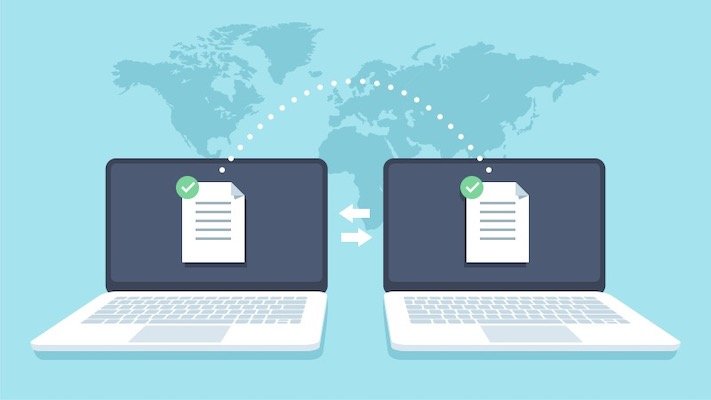Weekly IP Buzz for the Week Ending September 23, 2022
In this week's post, we see that artwork generated by artificial intelligence won first place at a state fair, which raises questions about copyrights and related compensation.
Also, the United States and the European Union have agreed to the new Trans-Atlantic Data Privacy Framework, replacing the Privacy Shield Framework, which was invalidated by an EU court decision in 2020.
Should Humans Receive Compensation for AI-Generated Art?
Headlines were made recently when artwork created by artificial intelligence (“AI”) won a prize in a state fair. This artwork was created by a text-to-image AI generator and submitted to the Digital Arts/Digitally-Manipulated Photography category of the Colorado State Fair. While many argue whether this spells the end of art, it also raises interesting questions about copyright law and compensation for the humans responsible for the work’s creation.
Recently, text-to-image AI generators have become more popular and accessible to the mainstream population. These generators are not new, however, as AI has been used to create art for decades. To produce such art, AI creates these paintings and drawings according to a set of rules predefined by programmers. The AI then uses these rules to learn a certain aesthetic by analyzing images, fed to it by the programmer, over and over again. As the AI produces art in this aesthetic, the program and algorithms can be, and usually are, tweaked multiple times until a desired result is achieved.
But as such art becomes more popular, questions arise regarding copyrights and compensation for the humans partially responsible for the AI-generated art. Earlier this year, the U.S. Copyright Office affirmed a 2019 decision that AI could not claim authorship for a work. In the case at hand, Stephen Thaler created the algorithm that the AI followed and argued that his AI had created the art as a work-for-hire for him. Ultimately, the U.S. Copyright Office disagreed with his arguments.
Read more here.
The US and EU Agree to Stringent Trans-Atlantic Data Privacy (TADP) Framework
Earlier this year, the United States and the European Union (“EU”) announced the new Trans-Atlantic Data Privacy (“TADP”) Framework to address data privacy and protection of EU citizens’ data. This replaces previous agreements that governed the transfer of such data, specifically the Safe Harbor Framework and the Privacy Shield Framework, which were invalidated by EU court decisions in 2015 and 2020 respectively.
Such agreements governing the transfer of data between the EU and United States work in conjunction with the EU General Data Protection Regulation (“GDPR”), which requires that personal data flowing between the EU and other countries must be protected in ways equivalent to EU privacy and protection standards. As the United States and the EU have significantly different protections and standards when it comes to data privacy, TADP is expected to help significantly reduce the cost of compliance for U.S. companies. Currently, the transfer of such data between the EU and the United States affects over 7.1 trillion U.S. dollars and over 5000 companies that self-identity and certify that they meet the qualifications to transfer such data.
Find the full article here.
For more posts, see our Ideate blog for the latest news and insights into law, business, and culture.
--------
In addition to publishing Thriving Attorney, Darin M. Klemchuk is founder of Klemchuk LLP, a litigation, intellectual property, and transactional law firm located in Dallas, Texas. Click to read more about Darin Klemchuk's practice as an intellectual property lawyer. For more on the latest developments in IP law, see the blogs Ideate and IP Questions Answered.


